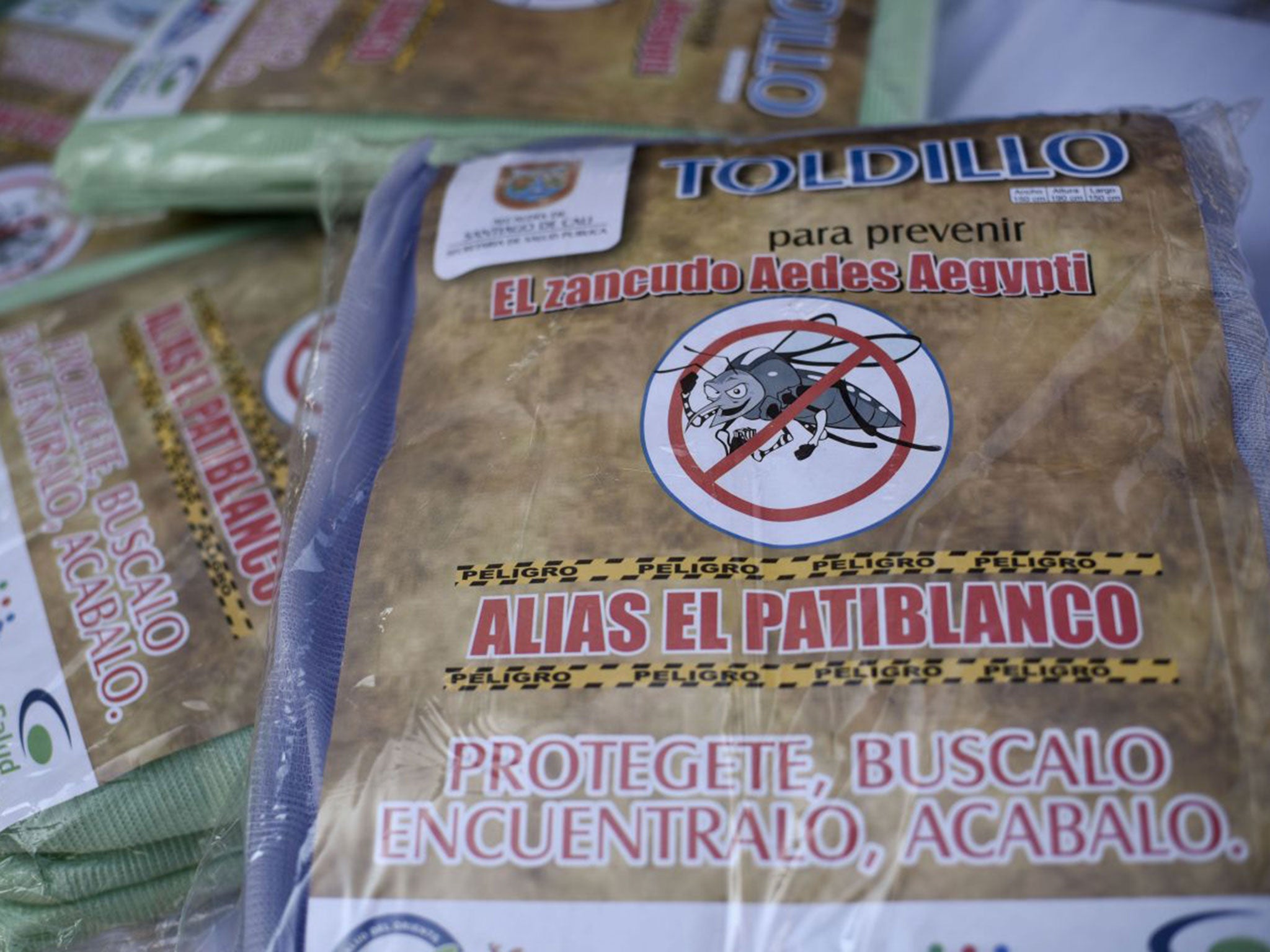Zika virus: Christian churches split as epidemic sparks new abortion debate in Brazil
President Dilma Rousseff's call to religious leaders to rally their faithful in the fight against the spread of the virus leads to fresh debate on abortion in a nation where terminations are illegal in almost all cases

Your support helps us to tell the story
From reproductive rights to climate change to Big Tech, The Independent is on the ground when the story is developing. Whether it's investigating the financials of Elon Musk's pro-Trump PAC or producing our latest documentary, 'The A Word', which shines a light on the American women fighting for reproductive rights, we know how important it is to parse out the facts from the messaging.
At such a critical moment in US history, we need reporters on the ground. Your donation allows us to keep sending journalists to speak to both sides of the story.
The Independent is trusted by Americans across the entire political spectrum. And unlike many other quality news outlets, we choose not to lock Americans out of our reporting and analysis with paywalls. We believe quality journalism should be available to everyone, paid for by those who can afford it.
Your support makes all the difference.The Catholics are against it, the Anglicans undecided and the Baptists veering toward supporting the right to choose for mothers infected with Zika.
This week, religious leaders from all Christian denominations in Brazil were asked by President Dilma Rousseff to use the pulpit to rally their faithful in the fight against the spread of the Zika virus.
The call led to a fresh debate on abortion in a nation where terminations are illegal in almost all cases. Representatives from the National Council of Christian Churches of Brazil (Conic), which brings together Catholic, Anglican, Lutheran, Presbyterian and Orthodox ministries, this week met President Rousseff. They agreed to muster their resources to work with the government and guide millions of churchgoers on how to eliminate the Aedes aegypti mosquito responsible for transmitting Zika.
At the meeting, President Rousseff said religious leaders have the “credibility to engage the faithful in combating the insect and educating (their congregation) on how to avoid the accumulation of standing water in their communities.”
As the number of babies born with microcephaly in Brazil surges, some religious leaders argued for a nationwide discussion on the de-criminalisation of abortion for mothers carrying foetuses with the condition.
The issue, which was not discussed in detail, has split the churches. The Roman Catholics are opposed to termination, the Anglicans undecided and the Baptists veering towards supporting a woman’s right to abort. Last week, the National Conference of Bishops of Brazil said in a statement “that the increase in the number of cases of microcephaly in the country does not justify (abortion)”.
Abortion is illegal in Brazil, with women facing up to three years in jail. An exception applies in cases of rape; where the pregnancy poses a risk to the mother’s life and under a 2012 ruling when a foetus has anencephaly, where a major part of the brain and skull is absent. Brazil’s medical experts claim there has been an increase in numbers of women illegally terminating where microcephaly is suspected.
Pastor Joel Zeferino, who represents the Baptist Alliance of Brazil, said: “This is an urgent issue that needs to be discussed in a very democratic and open way. Above all, the debate must include women on the outskirts of our cities, black women and poor women in particular. They are the ones who are actually having these illegal abortions. We need to empower these women with voices so they have their say.”
President of Conic, Anglican Bishop Flavio Irala, said President Rousseff’s call was timely. According to the government, churches are ideally placed to reach isolated villages, with their small pastoral ministries run by outreach workers. Many of these hard-to-reach areas suffer from poor sanitary conditions and limited access to health care.
“We are going to respond to the challenge urgently and mobilise our congregations against the virus. The issue of care for what we share as a community is ours too,” Bishop Irala said.
In the US, the Centre for Disease Control announced it had found the strongest evidence that Zika is the cause of microcephaly, the birth defect afflicting hundreds of Brazilian babies, which leads to abnormally small heads and brains. Scientists revealed Zika infection had been found in brain and placenta tissue taken two aborted foetuses and from two babies who had died from microcephaly.
Join our commenting forum
Join thought-provoking conversations, follow other Independent readers and see their replies
Comments